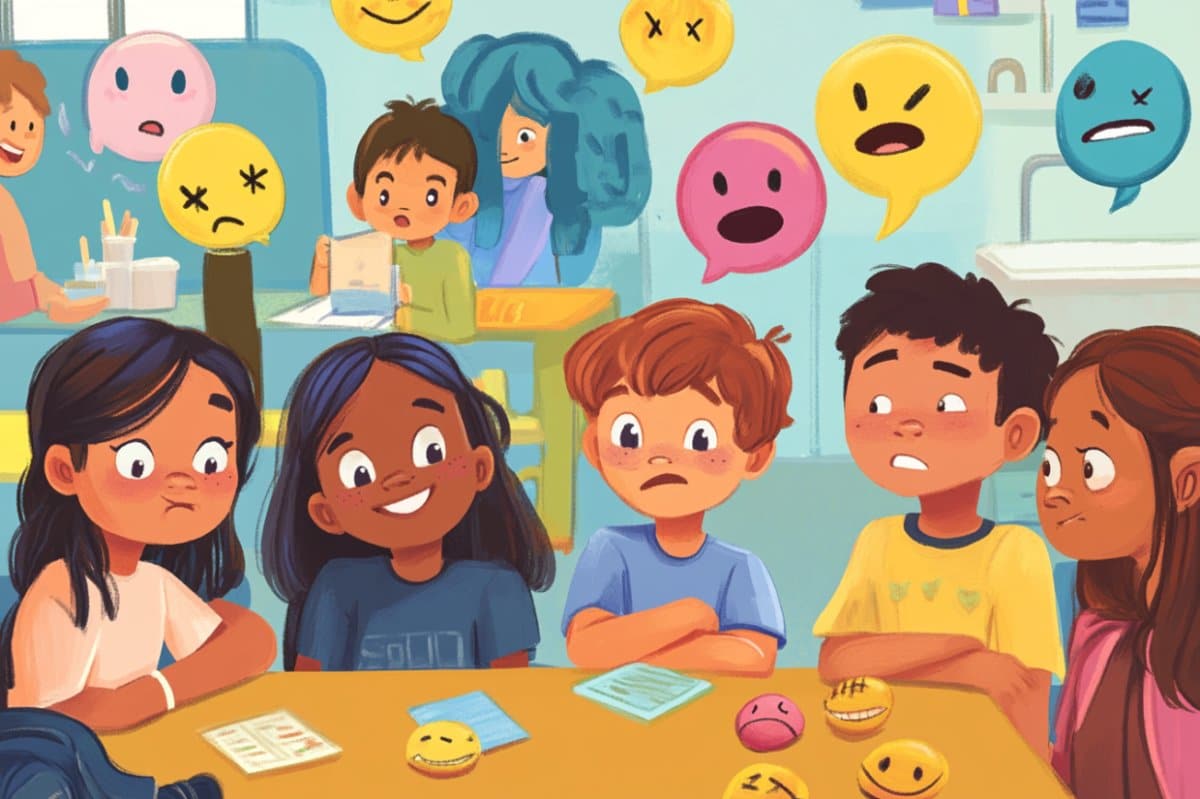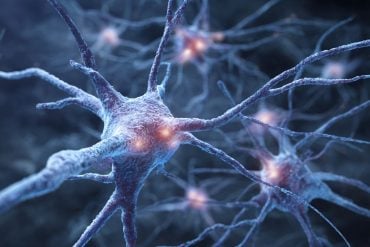Summary: Parents often misread how their children feel about school during their first year, usually taking a full year to align with their child’s actual experiences. While most parents believed their children enjoyed the classroom, many underestimated how much children liked the playground—and vice versa.
The findings highlight a lag in parental understanding, with Year 1 perceptions reflecting emotions the child felt back in Reception. To help bridge this gap, researchers created a picture book designed to prompt open conversations and emotional insight during the crucial early school years.
Key Facts:
- Delayed Alignment: Parents’ perceptions of their child’s school experience often lag by about a year.
- Mismatched Emotions: Parents overestimated classroom enjoyment and underestimated playground happiness.
- Early Wellbeing Matters: Children who felt better about school in Reception had stronger self-concept by Year 1.
Source: University of Cambridge
A team of psychologists led by the University of Cambridge have found that it takes parents about a year, on average, to attune to their child’s attitudes towards school once they start education.
In fact, by Year 1, parental perceptions of how a child feels about school most closely match responses given by the child when they were in Reception class a year earlier.
Scientists say that parents can get a “misleading picture” of a child’s introduction to education, especially if children only talk about school when they have a bad day.

Now, researchers have teamed up with writer Anita Lehmann and artist Karin Eklund to create a picture book designed to help parents better understand their child’s experiences and emotional state during that crucial first year of school.
How I Feel About My School, published today by Routledge, is based on findings from the Ready or Not Study led by Prof Claire Hughes at Cambridge’s Department of Psychology.
The study included two waves of interviews with over 200 children in Reception and Year 1, from over 100 different UK primary schools.
Along with a series of tasks that measure cognitive skills and wellbeing, the children were guided through simple, emoji-based questionnaires about how different aspects of the school day make them feel.
A parent or caregiver (predominantly mothers) also completed interviews about their child that covered everything from mood to sociability and attitudes to school.
In Reception class, Hughes and team found little affinity between children’s thoughts and feelings about school and how their caregivers believed they felt about it.
By Year 1, levels of agreement between children and adults had more than doubled on average, although significant gaps remained. Year 1 responses from parents often matched those given by their children the previous year.
Over both years, researchers found the biggest gaps between the outlooks of parent and child were parents overestimating how happy children are in the classroom, and underestimating how happy children feel in the playground.
“We found a clear and wide gap between how parents think their children feel about the first year of school, and how children actually feel about school,” said Prof Claire Hughes, Deputy Director of Cambridge’s Centre for Child, Adolescent and Family Research.
“Our research shows that it typically takes parents a year to tune into their child’s experiences of school. By Year 1, parents are often only just catching up to where their children were a year earlier.”
“We wanted to create a book that can help parents connect with their child’s feelings about school much earlier,” said Hughes. “Parents get a misleading picture if children are motivated to talk about their school day only when something has upset them.”
The new picture book follows four young children through a day at school, from arriving at the gates through to playtime, quiet time and show-and-tell, with incidents along the way including lunchtime disagreements and classroom collaborations.
The book’s characters display a variety of behaviours and traits to allow children with a range of personality types to recognise themselves, say researchers. The book has built-in prompts to get children talking more meaningfully about their school day, and how it left them feeling.
“We want to normalise difference. Kids have ups and downs in a day for lots of reasons,” said Hughes. “There can be a tendency to over-medicalise sadness, but getting through a school day is a big deal for children, and problems are a natural part of that.”
Initial Ready or Not findings came out last year in the British Journal of Educational Psychology, as well as in a book: The Psychology of Starting School.
Further findings, just published in the journal Developmental Psychology, suggest that children’s wellbeing at school declines on average between Reception and Year 1.
This is perhaps unsurprising for a UK cohort, says Hughes, as Reception is play-based, whereas reading and writing requirements begin in Year 1, so children start to experience the demands of the curriculum.
“A closer understanding of how a child feels about starting school will allow parents to gauge wellbeing and help their child adapt as key stages kick in,” said Hughes. “Happy children are better learners, and the first years of school can set the tone.”
The published findings from Ready or Not show that greater wellbeing as reported by the child in Reception class predicted higher levels of “self-concept” – how confident a child feels about their ability to read, write and count – by time they are in Year 1.
Hughes points to other UK studies suggesting that children who say they enjoy school at age six tend to achieve better academic outcomes by age sixteen, including higher GCSE exam grades.
“If children can have a positive couple of years at the beginning of school and we can really protect that time for building up their enthusiasm and their confidence, then when things do get more serious, the children are willing to embrace it,” said Hughes.
“We hope the picture book will promote conversations about what happened at lunchtime or in the playground, giving parents a better understanding of their child’s enjoyment of school, and building up an emotional literacy for children.”
About this psychology and parenting research news
Author: Fred Lewsey
Source: University of Cambridge
Contact: Fred Lewsey – University of Cambridge
Image: The image is credited to Neuroscience News
Original Research: Open access.
“Changes in Children’s Well-Being and Mental Health Across the Early School Years: Links With Academic and Social Competence” by Claire Hughes et al. Developmental Psychology
Abstract
Changes in Children’s Well-Being and Mental Health Across the Early School Years: Links With Academic and Social Competence
The aim of the present study was to examine the relation between children’s well-being and mental health in the early years of primary school and the developmental association between well-being and mental health and children’s early social and academic skills.
Two hundred fifty-two children (131 girls, Mage = 5.40 years, 80% White) and their caregivers (89.8% mothers) from the United Kingdom participated in a 1-year longitudinal study. Children completed measures of well-being, cognitive, and academic skills.
Caregivers provided ratings of children’s well-being and mental health. Teachers and caregivers rated children’s social competence. Measurement models showed that well-being and mental health were distinct constructs at both time points.
There were moderate levels of rank-order stability in well-being but declines in average levels of well-being with a corresponding increase in mental health difficulties. Well-being and mental health exhibited differential associations with social competence and academic performance.
Initial levels of mental health predicted later academic and social competence, while gains in well-being were associated with academic skills and social competence.






